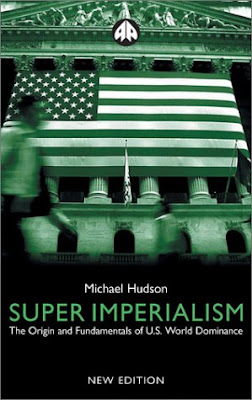"EVE Online tries the World of Democracycraft experimentSadly, open source design is still regarded by power-holders with fear and contempt, but these goings-on in virtual nerd world compel one to wonder How much decision making can be democratized? The comment thread spawned by this post on American illiteracy got me thinking about this topic.
"A recent insider-meddling scandal inside the space-merchant game EVE Online prompted the creation of a democratically elected player council called the Council of Stellar Management (CSM). This newly constituted democratic institution is charged with helping the game developers balance out fun with fairness. I've often wondered whether democratic player-groups can vote for more fun, even when "fun" includes making the game harder and more frustrating at times. .. "
U.S. car companies lobbied the government to give large vehicles tax advantages for business use. The car companies "engineered" (or would that be gerrymandered?) the demand for SUVs that has proven to be their undoing. Would car buying consumers have voted for such lobbying?
Competitive advantage would depend on transparency, accountability, and accurate information rather than propaganda. If these virtual world methods were adopted by one successful business, how long before the public would move to have them applied to functions of government?










